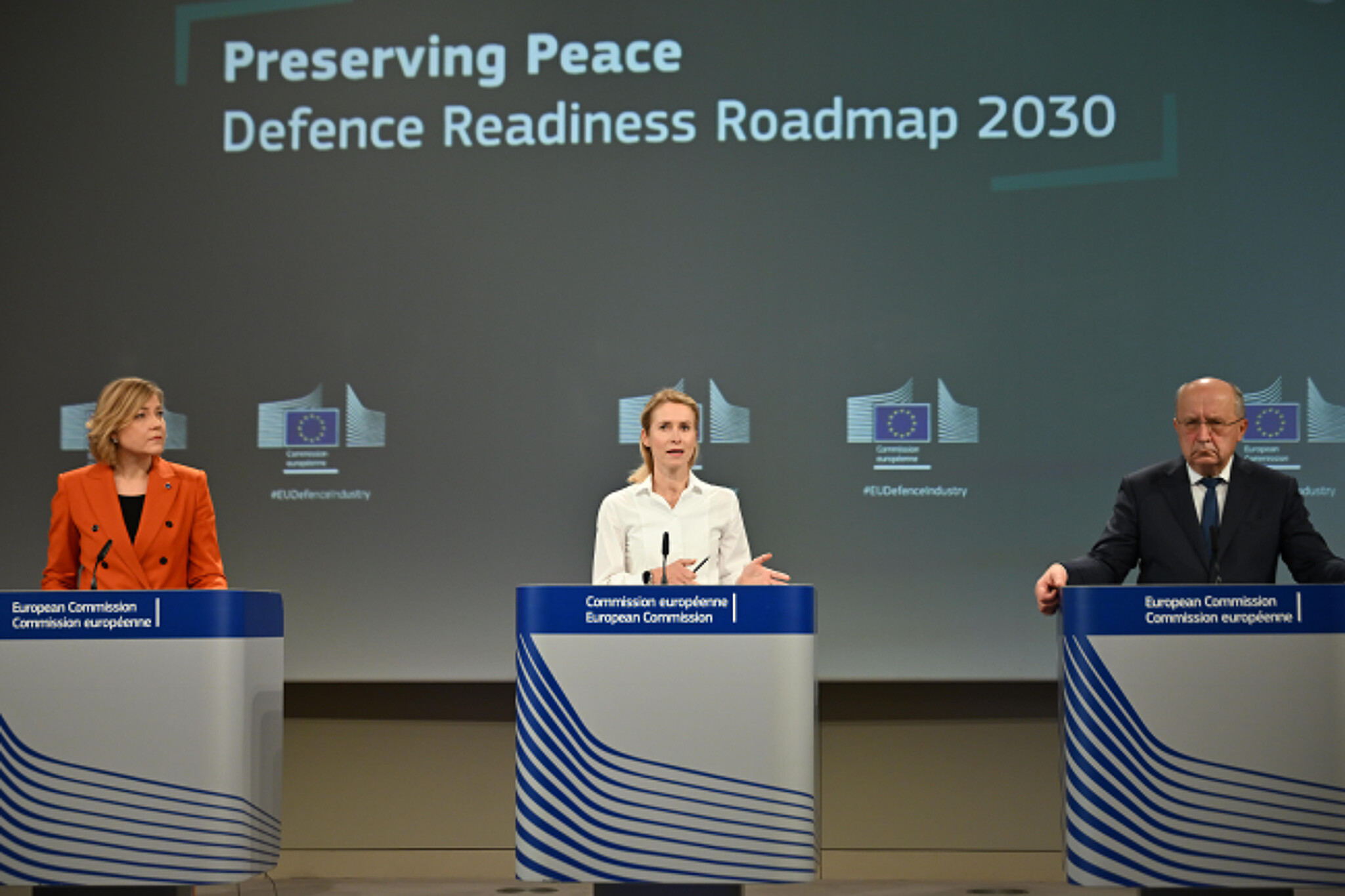EU Defense Commissioner Proposes Ukrainian Troops for Border Security
In a significant development regarding European security, Andrius Kubilius, a Lithuanian politician and the European Union"s defense commissioner, has proposed the deployment of Ukrainian troops to bolster border security in EU member states. This proposal comes in the context of ongoing concerns about security in the region, particularly in light of the ongoing conflict in Ukraine and the perceived decline of EU defense capabilities.
Key Details
Andrius Kubilius, who previously served as the Prime Minister of Lithuania, articulated his vision for a post-conflict Ukraine during a recent statement. He suggested that a "battle-tested" Ukrainian army could play a crucial role in securing the EU"s frontier regions, particularly in the Baltic states and Lithuania. Kubilius emphasized that such a deployment would complement existing military presences in the region, including a German armored brigade and rotating U.S. battalions.
Kubilius reassured that the introduction of Ukrainian troops would not undermine NATO"s Article 5, which stipulates collective defense among member states. He stated, "We Lithuanians, we learned in our history that it’s better to have multiple guarantees for your security." This highlights the historical context of Lithuania"s security concerns, stemming from its past experiences with aggression and occupation.
Furthermore, Kubilius called for the EU to establish its own security provisions to support NATO"s framework. He advocated for a "clear mechanism" to implement these security measures, suggesting a more integrated approach to defense within the EU structure.
Background
The proposal comes at a time when the EU is grappling with various security challenges, including the ongoing war in Ukraine, which has heightened tensions across Europe. The conflict has raised questions about the adequacy of current defense strategies and the need for enhanced military cooperation among EU member states. The presence of U.S. troops and NATO forces in Eastern Europe has been a critical component of deterrence against potential threats, particularly from Russia.
Historically, Lithuania has been at the forefront of advocating for stronger NATO and EU defense measures, given its geographical proximity to Russia and the Baltic Sea. The country has experienced significant security challenges since regaining independence from the Soviet Union in 1990, making its leaders particularly sensitive to issues of national defense and regional stability.

Image for EU Defense Commissioner proposes Ukrainian troops for border security
What"s Next
The implications of Kubilius"s proposal could be profound, potentially reshaping the security landscape in Europe. If implemented, the presence of Ukrainian troops in EU member states could serve as a deterrent against external threats while also fostering closer military ties between Ukraine and the EU. However, the deployment of foreign troops within EU borders may also raise concerns among citizens regarding sovereignty and the potential for civil unrest.
As the EU continues to navigate its security challenges, the proposal for Ukrainian troops reflects a broader strategy to enhance collective defense mechanisms. The effectiveness of such measures will depend on the political will of EU member states and their ability to coordinate military efforts in a rapidly changing geopolitical environment.
For further insights into military cooperation in the region, see our recent developments on Ukrainian soldiers participating in NATO training exercises in Poland.


![[Video] Heavy clashes and gunfire reported in Baghdad, Iraq](/_next/image?url=%2Fapi%2Fimage%2Fthumbnails%2Fthumbnail-1768342239932-848qsh-thumbnail.jpg&w=3840&q=75)




![[Video] Gunfire between Iraqi security forces and Sadr militias in Baghdad](/_next/image?url=%2Fapi%2Fimage%2Fthumbnails%2Fthumbnail-1768343508874-4redb-thumbnail.jpg&w=3840&q=75)
